No neutral ground
June 2nd, 2020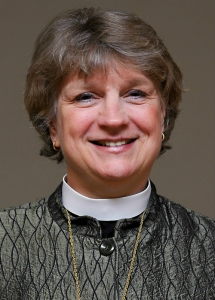 Three officers looked on. They looked on for eight minutes and 46 seconds. They looked on as their fellow officer killed George Floyd by kneeling on his neck.
Three officers looked on. They looked on for eight minutes and 46 seconds. They looked on as their fellow officer killed George Floyd by kneeling on his neck.
How could this happen? How could they simply watch? And, then, in the midst of our questioning, we hear the distant voice of the prophet, Nathan, calling our names, just as he spoke to David, “You are the ones who stood by. You are the ones who looked on, saying nothing, doing nothing.”
“Neutrality isn’t really an option.”
Neutrality isn’t really an option. According to Ibram Kendi, “there is no such thing as a nonracist or race-neutral policy. Every policy in every institution in every community in every nation is producing or sustaining either racial inequity or equity between racial groups” (emphasis mine). We can’t stand on the sidelines; sidelines don’t exist. We can’t just look on. Trying to look away is just another way to support the racial inequities developed in our country over centuries of racist policies and practices.
The calling of God is Micah 6:8, to “do justice,” not just to avoid injustice, but to do the kind of justice that overturns systems promoting inequity and discrimination.
SO WHAT CAN WE do? What can we say? For starters, those of us who are white can listen to our siblings of color; we can study the racist history that shapes us; we can seek a deeper understanding of the racist policies we’re called to dismantle; we can imagine and work toward a future where racial equity is the lens guiding our lives.
We can begin with learning. If you’re reading this on our Facebook page, take a moment to type a comment about a book or article or podcast or documentary or movie that’s been helpful for you. Here’s a racial justice discussion guide for the movie Zootopia – good for both children and adults.
The books I’m currently reading are Louise Erdrich’s The Night Watchman and Ibram Kendi’s How To Be An Antiracist.
“We can imagine and work toward a future where racial equity is the lens guiding our lives.”
In just two weeks, June 17, we can join others across the ELCA for an online prayer service as church to commemorate the Emanuel 9, the nine people shot and killed on June 17, 2015, during a Bible study at Emanuel African Methodist Episcopal Church in Charleston, South Carolina. We will provide more information or you can visit www.elca.org/emanuelnine.
Though a word of hope may seem distant, I end with another Kendi quote:
There will come a time when racist ideas will no longer obstruct us from seeing the complete and utter abnormality of racial disparities. There will come a time when we will love humanity, when we will gain the courage to fight for an equitable society for our beloved humanity, knowing, intelligently, that when we fight for humanity, we are fighting for ourselves. There will come a time. Maybe, just maybe, that time is now.*
May it be so. And may we – each one of us – be about this holy work.
*Ibram Kendi’s quotes are from his book How to be An Antiracist, and from his introduction to Jason Reynolds remix of his book Stamped from the Beginning.

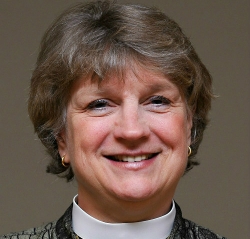
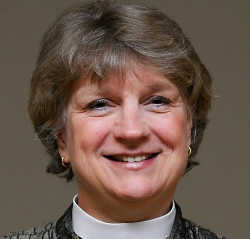
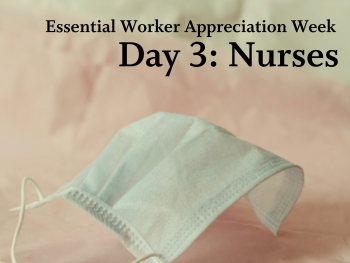
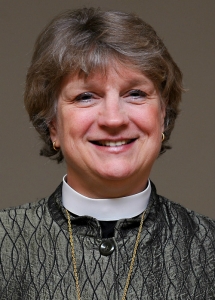 By Bishop Ann Svennungsen
By Bishop Ann Svennungsen